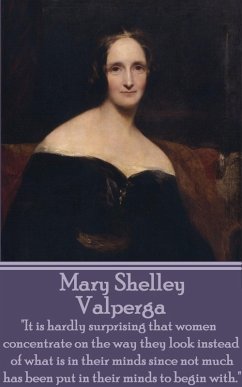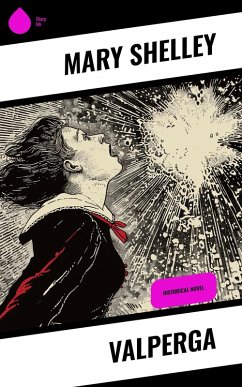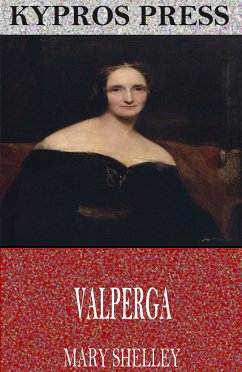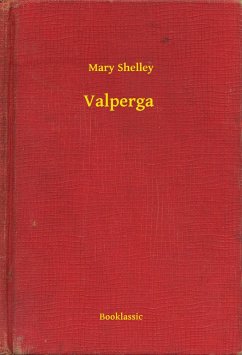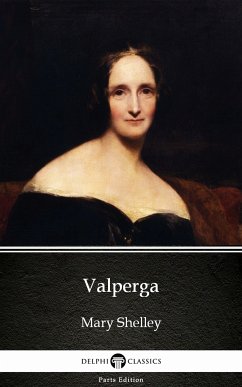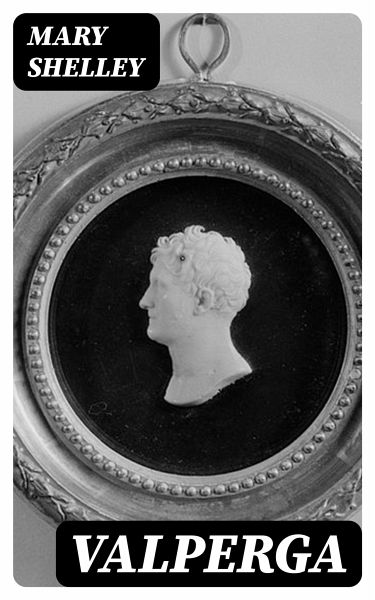
Valperga (eBook, ePUB)

PAYBACK Punkte
0 °P sammeln!
In 'Valperga,' Mary Shelley weaves an intricate tapestry of historical fiction, psychology, and romanticism, set against the backdrop of 14th-century Italy. The narrative follows the tragic tale of Castruccio Castracani, a powerful yet flawed ruler, and the spirited Euthanasia, who struggles against the constraints of her time. Shelley's prose is characterized by gothic elements and a depth of emotional resonance, reflecting her concerns with power, ambition, and the complexities of human nature. The novel's exploration of social and political themes, coupled with its vivid characterizations, ...
In 'Valperga,' Mary Shelley weaves an intricate tapestry of historical fiction, psychology, and romanticism, set against the backdrop of 14th-century Italy. The narrative follows the tragic tale of Castruccio Castracani, a powerful yet flawed ruler, and the spirited Euthanasia, who struggles against the constraints of her time. Shelley's prose is characterized by gothic elements and a depth of emotional resonance, reflecting her concerns with power, ambition, and the complexities of human nature. The novel's exploration of social and political themes, coupled with its vivid characterizations, positions it within the broader context of Romantic literature, echoing the era's fascination with individuality and the sublime. Mary Shelley, best known for her seminal work 'Frankenstein,' was profoundly influenced by her experiences of loss, love, and the intricacies of human relationships. Her writings often delve into the darker aspects of human existence and the consequences of unchecked ambition. 'Valperga' emerged in a period of personal turmoil for Shelley, which may have fueled her exploration of the interplay between individual agency and societal pressure. Readers seeking a narrative rich in historical context and psychological depth will find 'Valperga' both compelling and thought-provoking. Shelley's ability to intertwine complex characters with the political landscape invites readers to reflect on the historical and emotional dimensions of power and resistance, making it an essential read for those interested in the intersections of history, literature, and the human condition.
Dieser Download kann aus rechtlichen Gründen nur mit Rechnungsadresse in A, B, BG, CY, CZ, D, DK, EW, E, FIN, F, GR, H, IRL, I, LT, L, LR, M, NL, PL, P, R, S, SLO, SK ausgeliefert werden.






